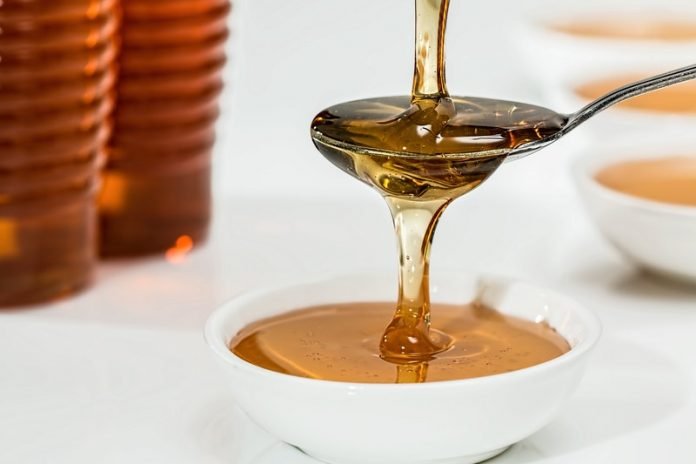
In a new study, researchers found that honey is a better treatment for upper respiratory tract infections (URTIs) than traditional remedies.
The research was conducted by a team at Oxford University.
Over the past several years, the medical community has grown alarmed as bacteria have developed resistance to antibacterial agents.
Some studies have found that over-prescription of such remedies is hastening the pace.
Of particular concern are antibacterial prescriptions written for maladies that they are not likely to help, simply due to demands from patients.
One such case is often URTIs, the vast majority of which are caused by viruses, not bacteria. Because of such cases, scientists have been looking for other remedies for these infections, and one therapy, in particular, has begun to stand out: honey.
Honey can be used to treat colds in general and coughs in particular—people have been using it as a therapy for thousands of years.
In this new study, the researchers looked at the results of multiple clinical trials testing the effectiveness of therapies against URTIs. In all, the team looked at data from 14 clinical trials involving 1,761 patients.
They found that the trials had included studies of virtually all of the traditional remedies such as over-the-counter cold and sinus medicines as well as antibiotics—and honey.
They found that honey proved to be the best therapy among all of those tested.
In addition to proving more effective in treating coughing (36% better at reducing the amount of coughing and 44% better at reducing coughing severity), it also led to a reduction in the average duration of infection by two days.
The researchers note that the reason honey works as a treatment for URTIs is because it contains hydrogen peroxide—a known bacteria killer—which also makes it useful as a topical treatment for cuts and scrapes.
Honey is also of the right consistency—its thickness works to coat the mouth and throat, soothing irritation.
One author of the study is Hibatullah Abuelgasim.
The study is published in BMJ Evidence-based Medicine.
Copyright © 2020 Knowridge Science Report. All rights reserved.



